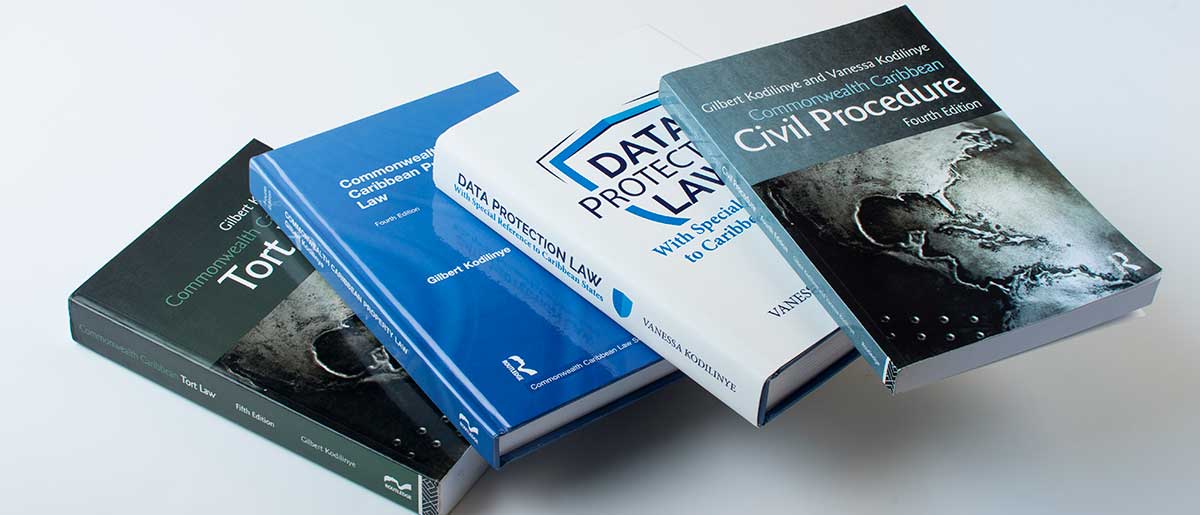DUTY OF STRATA CORPORATION TO TAKE CONTROL OF CONDOMINIUM MANAGEMENT
The Condominium Acts of several Caribbean jurisdictions share certain common features, and
similar problems relating to condominium management have arisen in those islands which are
most heavily dependent on tourism, such as The Bahamas, Barbados, Antigua and Anguilla. The
recent case of Paragon Holdings Ltd v Turtle’s Nest (Condominium) Co Ltd (unreported) High
Court, Anguilla, No 2013/0012, February 22, 2018, exemplifies the problems which may arise
where condominium management is not properly addressed by the unit owners who, under the
legislation, collectively comprise the body corporate responsible for such management.
Condominium and strata titles legislation in the territories mentioned above provide that the
‘body corporate’ or ‘strata corporation’ in a condominium development is deemed to come into
existence as soon as the declaration of condominium is registered in the appropriate registry. In
the Paragon case, E, the majority shareholder and director of Paragon Holdings Ltd (‘Paragon’),
had lodged a declaration of condominium in relation to the parcel of land in question with the
Registrar of Lands in Anguilla in September, 2004; accordingly, at that moment the strata
corporation was deemed to have come into being, deriving its duties and powers from sections
15 and 16 of the Condominium Act, 2000. It was the failure of the parties to understand how
the strata corporation should have operated that ultimately led to protracted and costly litigation.
Following the registration of the declaration in 2004 and up to the time of the hearing in 2018,
the condominium was in fact managed not by the strata corporation but by Paragon. The strata
corporation had held no meetings prior to 2011 and had prepared no budgets. Disputes had arisen
over the operation of the property, and a Referee had been appointed to consider the matter.
Mathurin, J held that, in the absence of any agreement or permission from the strata corporation,
Paragon had no right to occupy the common property and no obligation to maintain it, nor were
individual unit owners competent to authorize such occupation or maintenance, in the absence of
decisions of a properly constituted strata corporation. The learned judge adopted the comments
and suggestions of the Referee to the effect that the strata corporation should urgently assume
control of the property, adopt a budget, and appoint a managing agent pursuant to the bylaws
(whether Paragon or another entity) to provide daily management and maintenance. It was also
pointed out that there was a need for expert advice on the rights and duties of the strata
corporation, and how it should assume control. No doubt, funds in excess of the usual annual
fees would need to be raised from the unit owners, but it was hoped that they would regard the
extra contributions as ‘an investment in the future,’ and a means of avoiding further expensive
litigation.
It has become a common practice in Caribbean jurisdictions for condominium developers to
retain control of the management after registration of the declaration of condominium, contrary
to the legislation which envisages immediate handing of control to a body corporate or strata
corporation with a board of directors properly appointed by the unit owners. Such practice is not
only likely to lead to disputes between unit owners, as in the Paragon case, but may also give
rise to other troublesome issues, such as whether contracts made between the developer and third
parties are enforceable by or binding on the body corporate when it eventually takes over the
management. Very often the unit owners, whether through misinformation or inertia, may be
content to allow the developer to remain in control; this will occur particularly where the
developer has agreed to create specified facilities at the developer’s expense, in which case, in
order to be assured of sufficient financing to cover the cost of the facilities, a clause may be
inserted in the declaration to the effect that the developer will retain control until all or a
specified percentage of the units have been sold. The Paragon case serves as a reminder that
such practice is contrary to the legislation, and in an analogous Bahamian case, Cannes Resort
(Freeport) Ltd v Gaudet (unreported) No 206 of 2003, Supreme Court, The Bahamas, August 23,
2004 (aff’d on appeal, July 21, 2005), the court struck down such a clause in the declaration as ‘a
thinly veiled attempt by [the developer] to control the property by controlling the board of
management.’
Clearly, it is in the interest of the parties to have a properly constituted and functioning body
corporate ready to take control as soon as possible after a declaration of condominium is
registered but, in the event that the developer resists complying with the legislation or that the
body corporate is prevented from carrying out its functions, the unit owners have under the
legislation the ‘nuclear’ option of applying to the court for the appointment of an administrator to
take over the condominium management (Unit 301, South Point Ltd v The Properties,
Condominium Plan 800028 (unreported) No 201/70, High Court, Antigua, April 2, 2014).
Vanessa Kodilinye
